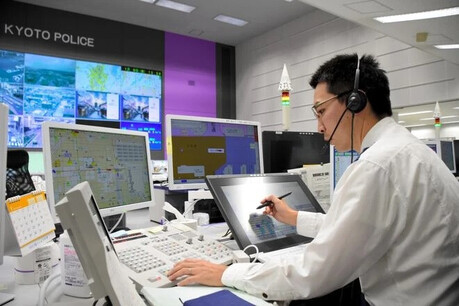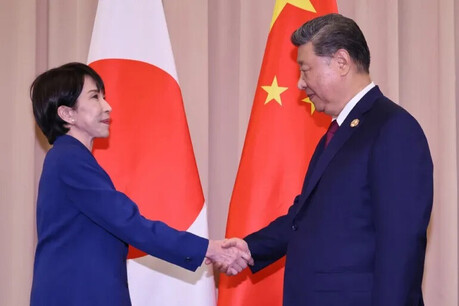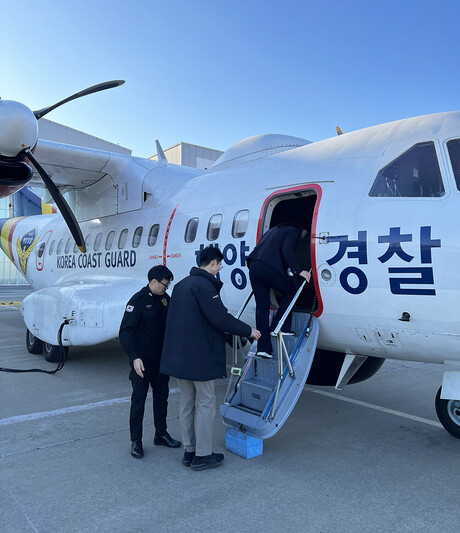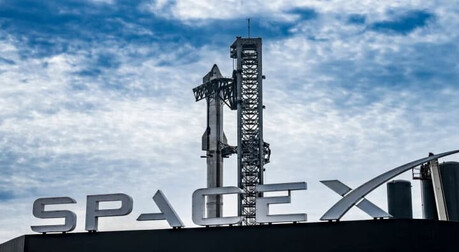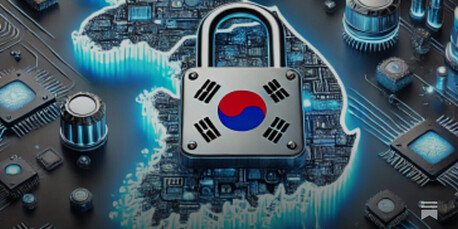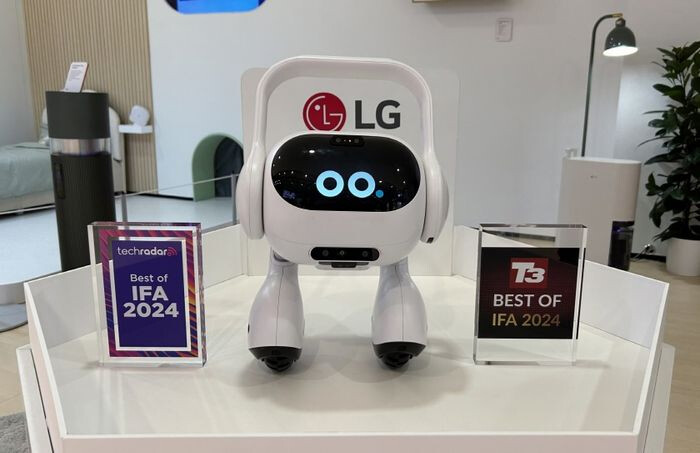
Seoul, South Korea – LG Electronics is emerging as a frontrunner in the rapidly growing artificial intelligence (AI) robot market, according to recent patent data.
The global AI robot market is projected to surge from $7.8 billion in 2023 to $105.7 billion by 2032, representing a compound annual growth rate of 35.7%. This significant growth has attracted major tech giants to invest heavily in this sector.
A recent analysis by the Korean Intellectual Property Office revealed that a total of 5,525 AI robot-related patents were filed with the top five intellectual property offices worldwide (IP5: Korea, US, China, EU, and Japan) over the past decade (2012-2021). The number of applications soared from just 20 in 2012 to 1,260 in 2021, marking a 63-fold increase and an annual average growth rate of 58.5%.
China led the patent race with a 60% share (3,313 patents), followed by South Korea (1,367), the United States (446), and Japan (235). In terms of individual applicants, LG Electronics emerged as the undisputed leader with a commanding 18.8% share (1,038 patents). Other top applicants included Japan's FANUC (97 patents), China's South China Normal University (83), Google (71), and the Chinese Academy of Sciences (66). Samsung Electronics ranked eighth with 41 patents, indicating intense technological competition between South Korea and China.
The majority of patents (53.6%, or 2,962) focused on controlling robots in various applications such as education, entertainment, and healthcare. Patents related to robot interaction with the external environment, including object recognition and manipulation (1,869), and motion control through learning (694) also accounted for significant portions.
Leveraging its expertise in home appliances, LG Electronics has developed AI technologies for cleaning, service, and logistics robots, incorporating features like object recognition and voice recognition. Since 2017, the company has been actively pursuing research and development in AI and robotics, focusing on securing patents and expanding its portfolio.
Lee Seon-woo, director of the Intelligent Robot Examination Division at the Korean Intellectual Property Office, commented, "Patents for AI robots are increasing, particularly in the field of application control. While China is focusing on domestic applications, the lack of patents from major global companies presents an opportunity for South Korea to secure intellectual property rights in AI robots."
[Copyright (c) Global Economic Times. All Rights Reserved.]
















